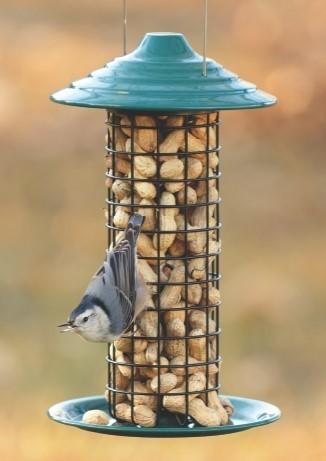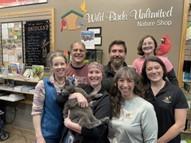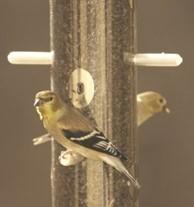Sunday, October 8th at 4:00 PM - Ornitherapy.
A class that teaches you about the positive impact birdwatching and bird feeding can have on your
physical and mental health.
Friday, October 13th at 7:00 PM - Live Owl Program.
Michigan Avian Experience will be bringing live birds to the store to teach you about appreciating and understanding nature. After the class, you will leave with a new sense of respect for these nocturnal birds and their importance in the natural world.
*Check your email for the sign-up sheets or ask a
staff member.




